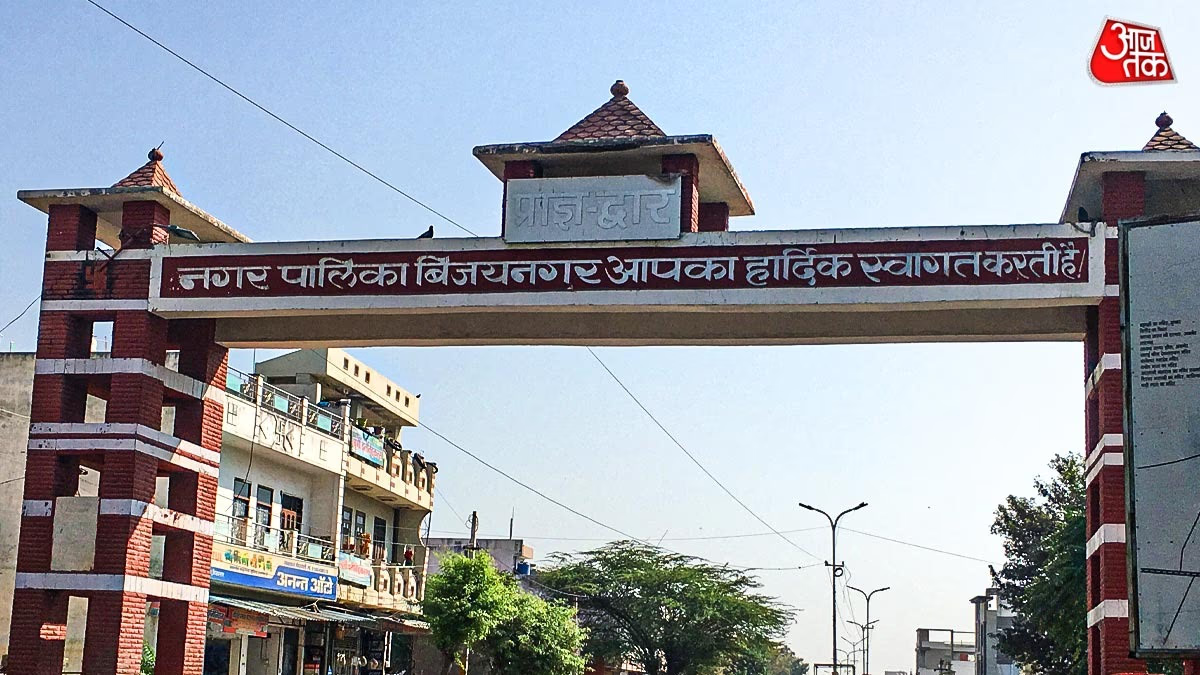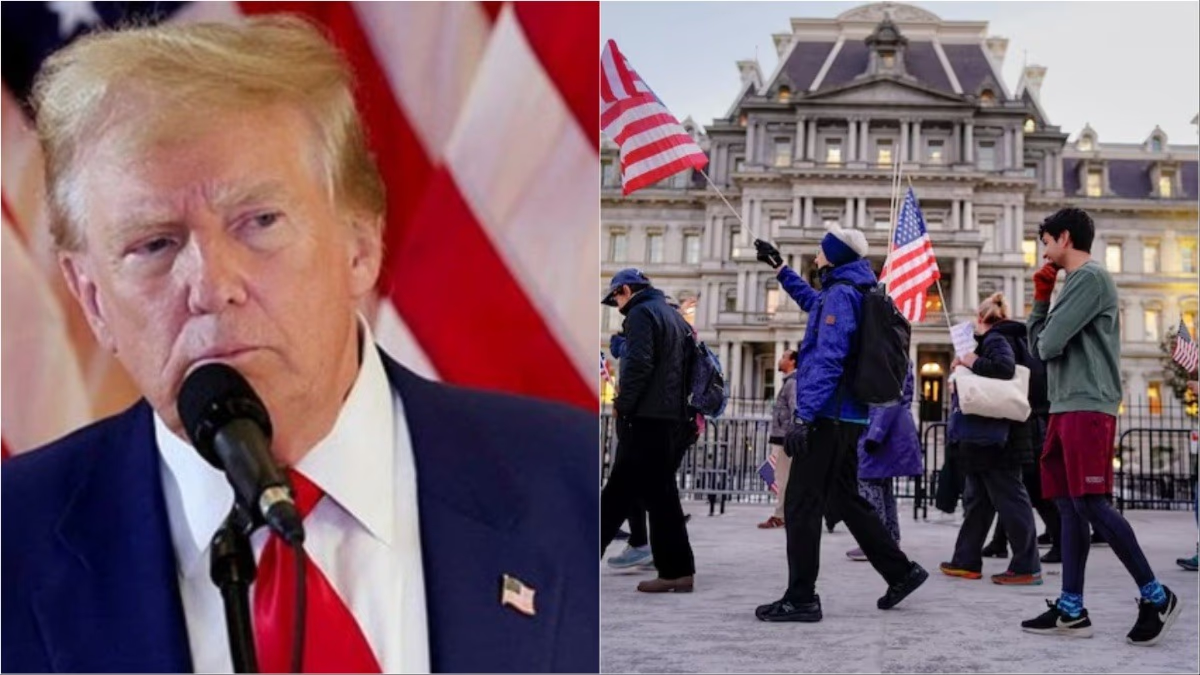On February 15, a family arrived at the Bijainagar police station in Rajasthan, reporting a rape of their minor daughter. Within twenty-four hours, five more girls stepped forward, all from the same school, connected to the accused via mobile phones...
Three decades prior, a similar scandal as the Ajmer blackmail case shook the town awake. Now, Bijainagar, a town of fifty thousand, is vibrant with rallies and political figures.
Meanwhile, the young girls seem like a small, trembling station, quivering with the sound of passing trains, but no train stops there. aajtak.in visited the homes of the victims and the accused to understand what has transpired in recent times.
Typical of any old town, Bijainagar appears divided. Across the railway station are markets and tranquility. Yet across the tracks live all the characters—the victims and the accused.
In the eastern part of town, any new face quickly draws a small crowd. Upon inquiry, people whisper the necessary details.
Through one such helpful contact, we reached a house where two girls had accused of blackmail. Upon an introduction, their father invited us in. The mothers of two cousins sat quietly, while the father spoke.
We were in shock for some time. Our daughter mentioned other friends who had also been given phones and were blackmailed similarly. With courage, we told her to lure the boy with a reason. When he came, we cornered him, and he confessed who else was involved.
Why was such pressure effective?
It started with jokes, followed by gifts, outings, and chocolates. Then, inappropriate photos and videos were taken at cafés, used as blackmail. The girls, terrified, complied, introducing more friends who fell into the trap. A small mobile was given to them for instant contact. Our two girls shared a phone.
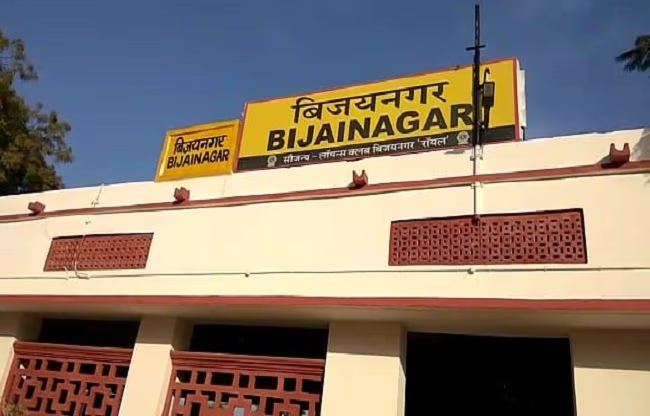
Source: aajtak
The town is so small, how come nothing came to notice until now!
The child's aunt responded firmly, having her daughter involved. She said, 'The school is close. Initially, we used to accompany them, but they began commuting independently. It’s a five-minute walk. During afternoon hours, people are either at work or indoors. They preyed then. At our age, even if two boys approach, the heart races. Imagine the fear of these little girls, aged 13-14, surrounded by boys on bikes and in cars.'
On being called, two young girls appeared, burdened by invisible weights and dark circles betraying sleepless nights. Smiles strained their lips.
When are the exams? Have preparations been done?
Silence.
Could you show your hand?
One girl tentatively extended her hand. Light scars mingled with her palm lines.
Can I speak to the girls in private?
A direct refusal follows. 'Ask here. Everyone already knows. Why hide anything now?'
The mothers, seated on the steps, mention that had the money not disappeared, the truth might have stayed hidden, especially during Ramadan fasts.
Parents often mentioned the forced conversion factor. According to the first caught boy, conversion rates varied for different castes.
After being silent for a while, one of the girls disclosed the pressure of wearing burqas, fasting, and no financial worry.— 'High caste gets you 20 lakhs by association.'
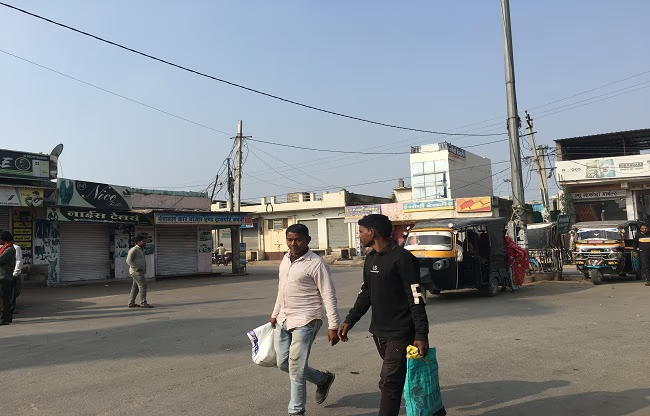
Source: aajtak
Can I talk to the girls alone?
An emphatic 'No. Ask here. Everything is known. No more concealment.'
Exiting, the mother remarked, 'They are educated girls. Some accused are painters, mechanics, or helpers. All hooligans. Within days, curiosity faded, fear remained, bodies trembled, the will starved. We managed as best. A girl’s condition is dire, talking of death.'
Before we receive an address, the door shuts. We reach the home of the first girl ensnared. An elderly woman says—'Only my son can discuss this. Right now, he’s contracting.'
No.
By noon.
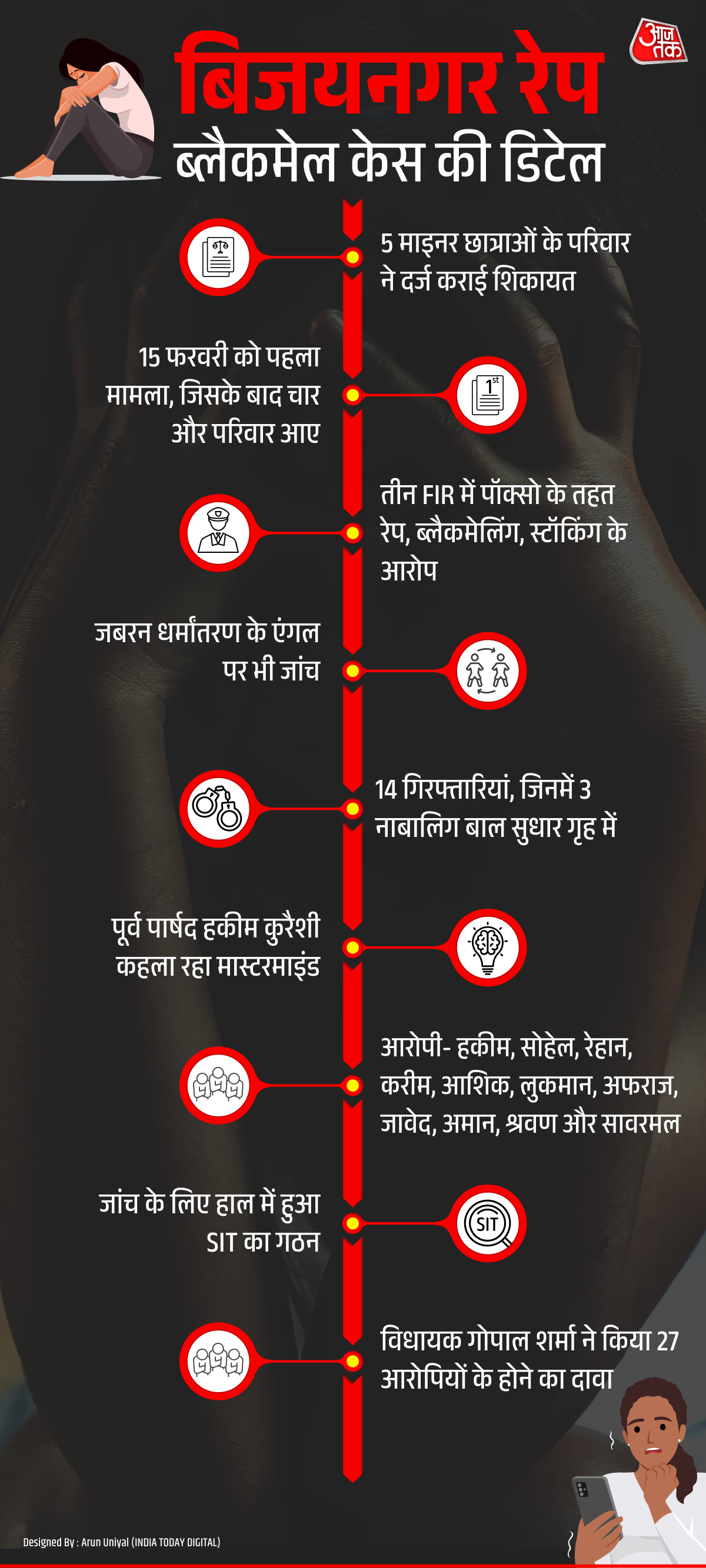
Source: aajtak
A former councilor, Hakim Qureshi’s name repeatedly surfaces. Investigations continue over suspicions of a conspiracy by him. Ajmer POCSO court has remanded him till March 11. Nine accused are in jail, three in juvenile detention.
Hakim’s brother, Saddi Qureshi, trades buffalo milk. He says—'My brother isn’t capable of such deeds. Had he been, at 55, he wouldn’t remain unmarried.'
Do you have medical evidence indicating such?
No medical proof, but we know him. Besides, he’s seldom home, spending time outside, contracting with the municipality. His name is likely mentioned out of vendetta.
Unfounded? Sure of this?
The sibling repeatedly emphasized his unfitness and detachment from religion. Yet initial investigations show Hakim as an associate of the other accused, blocking pathways for girls, pressuring them into hotels or cafés.
One accused, Karim’s brother in the marketplace, is unapologetically accusative.
It isn’t entirely our boys’ fault. Surely, the girls have a role. Police should explore that.
Every day, rallies claiming they’re victims and labeling us as national traitors. But we are not. Grown here. What if my brother is innocent? His photo is viral. Employment prospects vanish. Will the administration recover?
From allegations against girls to claims of innocence—to accusations grounded in treason. His tone shifts vastly.
Involves Chill-Out Café allegations. Chai-Snacks below, privateness above.
Now sealed under investigation.
Regular shops remark on normal activities, not suspecting illicit ones. But claims the café charged hourly cabins.
A below-locked home greets us. Suddenly, a woman peeks from above.
Ward mates saw Shravan as honest, disbelieving involving girls—likening his monetary actions akin to extortion.
Never saw improper concern, unknowingness in his renting.
Bro meets us in the fields.
No. After the Bijainagar issue, station summons. Returned. Farming folks we are.
His troop surrounds him. One chimes—'Shrav calls a debt gone wrong.'
In Jouhrpur silence engulfs ladies, all following orders.
An entourage yards us, minors witnessing us agree—'Track the record, follow girls' ledger.' Thoughts meet the face of an innocent girl, barely 14 with blade marks—a trepidation spanning eternity.
Deputy SP Sajjan Singh on inquiries envelops the Bijainagar case. Three FIRs span two rapes, one molestation. Investigations of three minors among them.
A new face of infamy emerges. Further captures amplify the narrative.
Political Framework in simultaneous debates hints of a larger pull at legislative levels, as Assembly contemplates conversion regulation talks.
Meeting Cabinet Minister Avinash Gehlot expands the dialogue.
The conspiracy cements targeted conversions within the religious dichotomy.Gehlot alludes to vibrant assembly discussions and conversion regulations under scrutiny.
